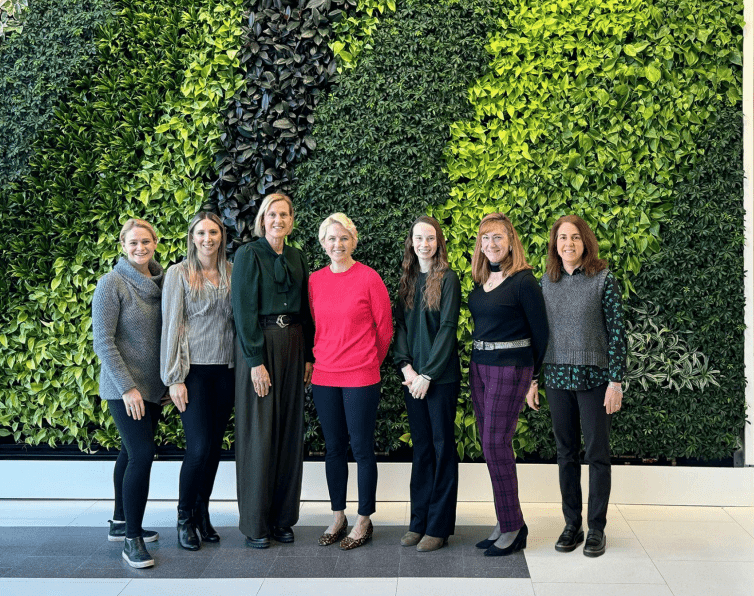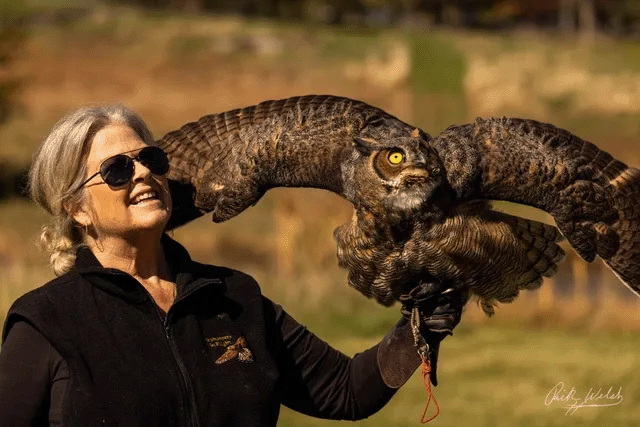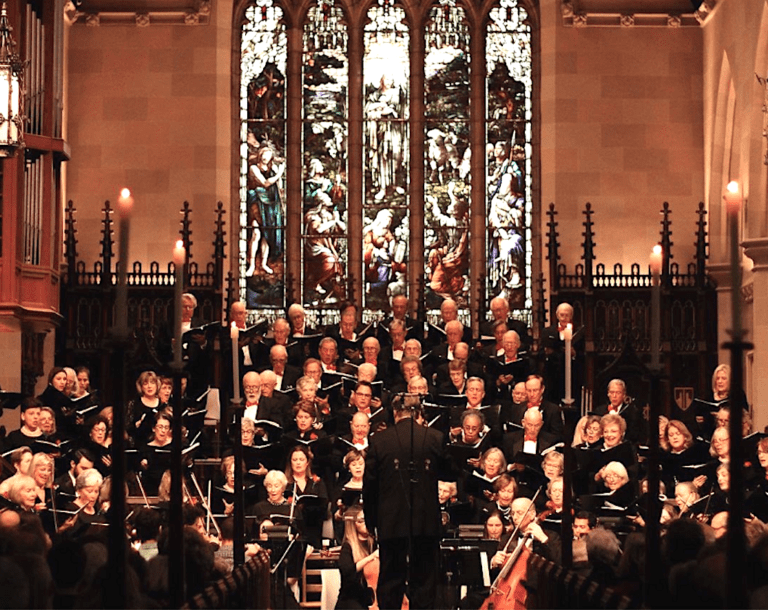

By Icy Frantz
In the last twenty years, psychologists, scientific researchers, philosophers, academics, musicians, and authors have focused their attention on a feeling that so many in America find so elusive. At Yale, you can take a course to improve your level of happiness (side note: it’s offered free online to non-students). You can read numerous books on the subject, meditate…even sing along with Pharrell Williams – Because I’m happyyyyy – and last month, you could have joined The Atlantic in an all-day online symposium entitled “In Pursuit of Happiness” (over six hours of lectures and breakout sessions – what joy! – and just in case you missed it, recorded and now available online).
And because I am interested and believe there is always room for improvement, I have dabbled and participated in many of these offerings, even the singing.
Is all this attention warranted? According to Laurie Santos, the professor at Yale who teaches The Science of Well-Being (the course mentioned above), over 40% percent of college students are depressed. Looking beyond the college population, in a December 2020 US Census Bureau survey, more than 42% of respondents reported symptoms of anxiety and depression, which was an 11% increase from the same time period the previous year. It makes sense that the pandemic has negatively affected our level of happiness, but there was a problem long before the virus. There is a happiness crisis in our culture and cause for the growing concern.
Certainly, there are obstacles that prevent us from achieving more happiness in our lives. Life is hard, and adverse circumstances can affect our mood. The way in which our brain is wired regulates how happy we feel, and this wiring can be genetic; genes make up 40% of our ability to be happy. Our kids may not want to hear this, but social media is a big deterrent, and I am sure this comes as no surprise. For adults (who also may not want to hear this), watching political talk shows and the news adds to discontentment. And the way in which we determine success may also contribute to our lack of happiness. If success is determined by power, wealth, and fame, we won’t necessarily find happiness there.
Here’s the good news, though: research indicates that we can actually positively affect the level of happiness in our lives, no matter our circumstances or our genetic make-up. Mathew Ricard, the smiley, 69-year-old Buddhist monk who was named The Happiest Man Alive says, “Happiness is a skill. Skills must be learned.” And building better habits and prioritizing our relationships are encouraging first steps.
Mediating boosts our immune system and changes our brain chemistry, which can lead to better health and better moods. If you are anything like me, you may find meditating as attractive and welcome as a colonoscopy, so I was “happy” to read that meditating just one minute a day can lead to positive changes.
Feeling grateful, too, leaves little room for depression. Santos notes that although the pandemic was traumatic and sad for many, our takeaway can actually be beneficial to our mood. What she calls “post traumatic growth” can lead us to greater amounts of gratitude, for example, for the things we once took for granted: concerts, weddings, church services, and even grabbing a drink at a bar.
But the most important predictors of a happy and healthy life are creating and maintaining social connections and relationships. In 1938, Harvard scientists began tracking the health and wellbeing of 268 Harvard sophomores with the hopes of revealing clues for what constitutes a healthy and happy life. Now, over eighty years later, the researchers have learned a few things. Robert Waldinger, director of the study, notes “Taking care of your body is important, but tending to your relationships is a form of self-care too.” And he adds, “Loneliness kills. It’s as powerful as smoking or alcoholism.”
Psychiatrist George Vaillant, who joined the team in 1966, noted, “When the study began, nobody cared about empathy or attachment. But the key to healthy, happy aging is relationships, relationships, relationships.” After a year of isolation for many and less connection for all, we have a lot of tending to do.
Last night, a singer caught my eye – and my ear, really. She was auditioning for one of those talent shows on tv, and the oh-so-critical Simon Cowell was sitting in one of the judge’s chair. Another judge asked the singer the usual questions – What’s your name? What will you be singing?
The singer said her name is Nightbird, and that she would be singing an original piece, called It’s Okay. The dialogue continued, and Nightbird revealed that she had been battling cancer in the past year. When asked if she is “okay” she replied, “There are traces of the cancer still in my body – in my lungs, my liver and my spine.” She sang. It was beautiful. She has a remarkable voice. The judges and the audience were in awe. Even Simon Cowell was moved. I was crying.
After her performance, before it came time for the judges to vote, Nightbird said something that really struck me – “You can’t wait for life to stop being hard to be happy.”
And there it is – life is hard – really hard sometimes, harder for some, but still hard. But we get to decide how we are going to live. The changes required to increase the level of happiness in our lives aren’t big. We don’t need to move to Nepal and sit under a tree in loincloth, and we don’t need to stand up on stage in front of millions of people and sing (thank goodness).
Happiness – it’s in our own hands. Put aside the device. Turn off the news. Take a deep breath and close your eyes (for just one minute). Be grateful for the good – and also the hard – and embrace your friends, and their friends and their friends.
“It’s okay.”




